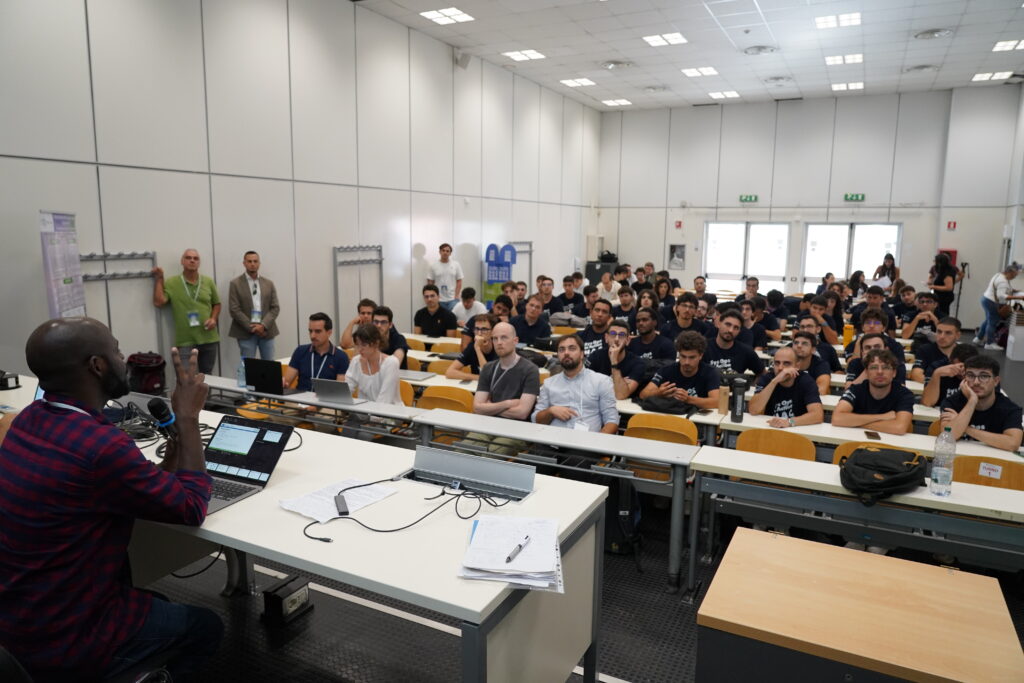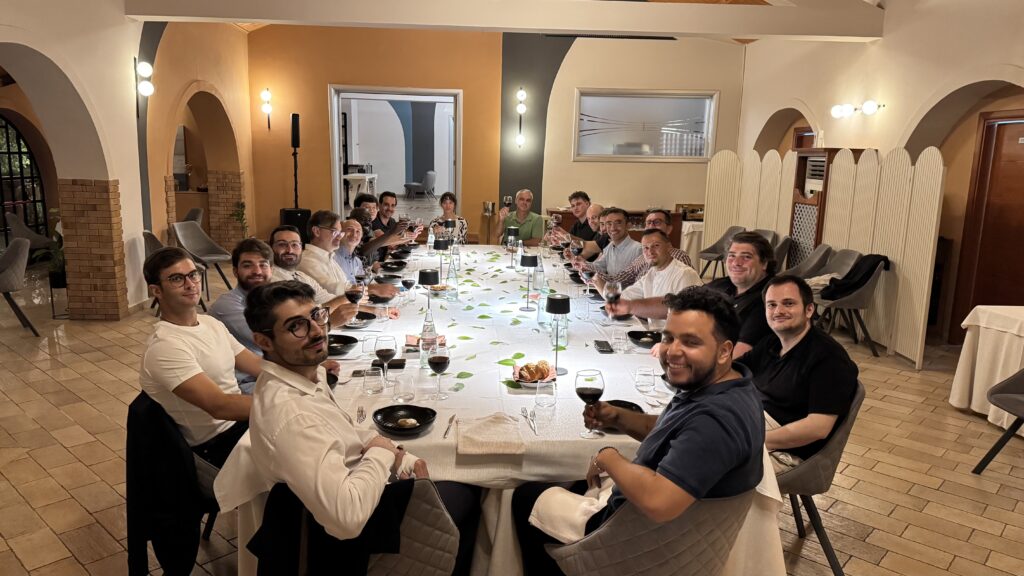Second Edition of the ML4ECS Workshop at HiPEAC 2026
We are pleased to announce the finalized program of the 2nd Machine Learning for Edge-Cloud Systems (ML4ECS) Workshop, co-organized by the Horizon Europe projects CODECO, EDGELESS, and MLSysOps.
The workshop will take place on January 26, 2026, in Kraków, Poland, as part of the HiPEAC 2026 Conference. ML4ECS focuses on advanced research and practical solutions for machine learning–based application management and orchestration across the IoT–Edge–Cloud continuum.
Program Highlights:
11:00 – 12:00 | Keynote Speech
Dr. Lorenzo Valerio (IIT-CNR)
“Decentralized Federated Learning Over Edge Networks: A Coordination-Free Learning Substrate for Agentic AI”
12:30 – 14:00 | EDGELESS Session
Cognitive edge-cloud systems with serverless computing
15:00 – 16:30 | CODECO Session
Cognitive Decentralized Edge-to-Cloud Orchestration
17:00 – 18:30 | MLSysOps Session
Machine Learning for Autonomic System Operation in the Heterogeneous Edge-Cloud Continuum
ML4ECS brings together academic researchers and industry practitioners to address the challenges of next-generation edge-cloud ecosystems, with a strong emphasis on autonomy, scalability, and intelligence.
The full program is available at https://ml4ecs.e-ce.uth.gr/


